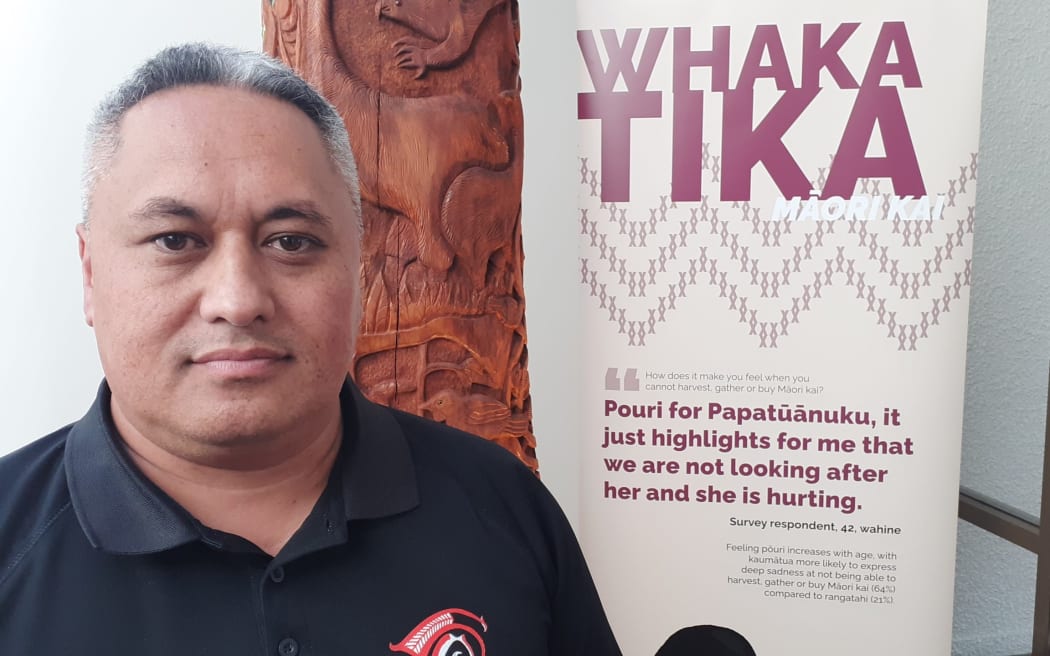
Te Atawhai o Te Ao director Dr Rāwiri Tinirau says it is important to produce evidence-based Kaupapa Māori research into Māori experiences of the vaccination rollout. Photo: LDR / Moana Ellis
The impact of Covid-19 on Māori will be under the spotlight in new research that aims to improve future pandemic responses.
Whanganui-based health and environment research institute Te Atawhai o Te Ao will explore Māori experiences of the vaccination rollout, mandates, the passport and the ongoing impacts, including Long Covid.
Institute director Dr Rāwiri Tinirau said the year-long research project aimed to show how whānau, communities and the health system responded to the pandemic and vaccine rollout, and provide insights into Long Covid, child immunisation and the pandemic’s overall impacts.
The research will be used to inform planning for future pandemic responses.
“It is incredibly important that we produce meaningful, evidence-based Kaupapa Māori results of our experiences of the vaccination rollout to help inform this space moving forward,” Tinirau said.
“We know that Covid-19 has had a huge impact on our whānau, and our country as a whole. This opportunity allows us to explore what that actually looks like and where we can learn, so we can do better in the future.”

The work is being funded by the Ministry of Health and is one of 23 projects each allocated between $200,000 and $500,000. There were 75 applicants for the funding, which comes through the Covid-19 health system response and the National Immunisation Programme.
“The overall aim of our project is to generate innovative whānau, hapū and iwi knowledge in health and wellbeing research by exploring the experiences and impacts of the vaccination rollout on whānau, hapū, and iwi Māori,” Tinirau said.
The institute will collaborate with indigenous tertiary provider Te Whare Wānanga o Awanuiārangi through its Te Tohu Toi Tangata: Bachelor of Humanities programme.
Lecturers Fiona Wiremu and Dr Billie-Jo Pomare said the programme was delighted to support Te Atawhai o Te Ao.
They said the project aligned with their own research Whanake te Whānau, a study of how Covid-19 experiences have changed Māori traditions, customs and values.
Te Atawhai o Te Ao lead researcher Miriama Cribb said the research team would collect the stories and experiences of whānau Māori and undertake an analysis of the data and national modelling of the vaccination rollout.
“Through interviews, focus groups and surveys with key population groups – rangatahi, hapū, marae, key personnel in the Whanganui and Bay of Plenty DHB regions – we hope to identify systemic and implementation improvements for future vaccination rollouts and provide actionable solutions and insights tailored to our population,” Cribb said.
The project will include comparisons with other Indigenous populations and their experiences.
Local Democracy Reporting is Public Interest Journalism funded through NZ On Air